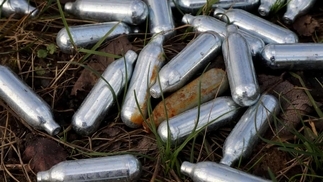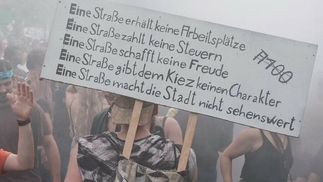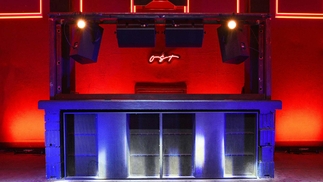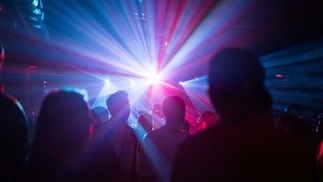Almost 50% of tested drugs in Berlin given “warning” status in new programme
The most frequently analysed drugs have included ecstasy, ketamine, cocaine, and LSD
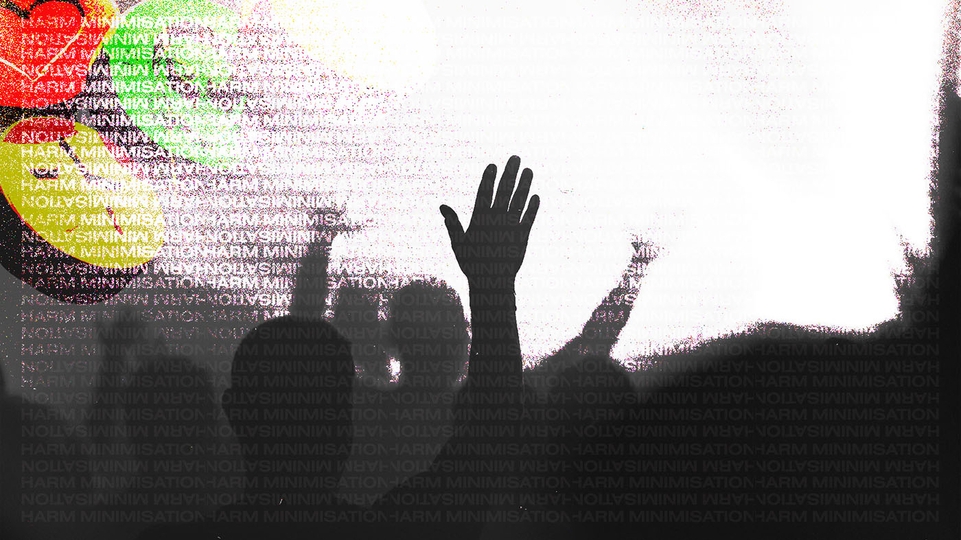
A free drug-checking programme implemented in Berlin has revealed that almost half of the samples tested merited a “warning” status.
A total of 428 samples have been examined by Drugchecking.berlin since the project launched in early June, reports rbb, with between 30 and 50 percent of the samples flagging a warning risk. These are given to drugs that are incorrectly labelled, contain impurities, or are unusually strong, according to project’s website.
The substances are analysed anonymously and legally by the State Institute for Forensic and Social Medicine before being sent to centres to be processed. Users can then query the result around three days after submitting the samples via phone or in person. The most frequently analysed drugs have included ecstasy, ketamine, amphetamine, mephedrone, cocaine, and LSD.
According to rbb, the programme is aimed at helping consumers “make more conscious decisions and minimize the risk that always accompanies consumption,” in addition to the “early detection of new consumption trends and the identification of contaminated black market products.”
In Berlin, the demand for drug-checking currently far exceeds the programme’s capacity, according to a spokesperson for the Senate Administration, with around 380 potential users having to be turned away because of this.
Revisit DJ Mag’s longform feature on how drug harm minimisation is more important for UK clubs than ever.
Find out more about the work and findings of Drugchecking.berlin here.
